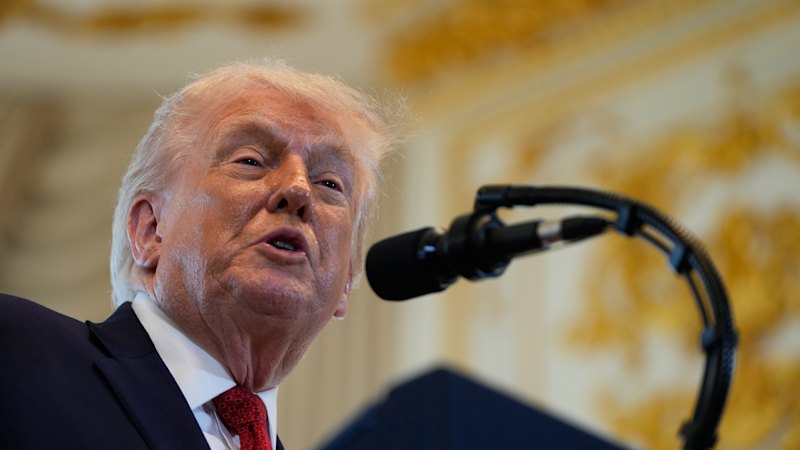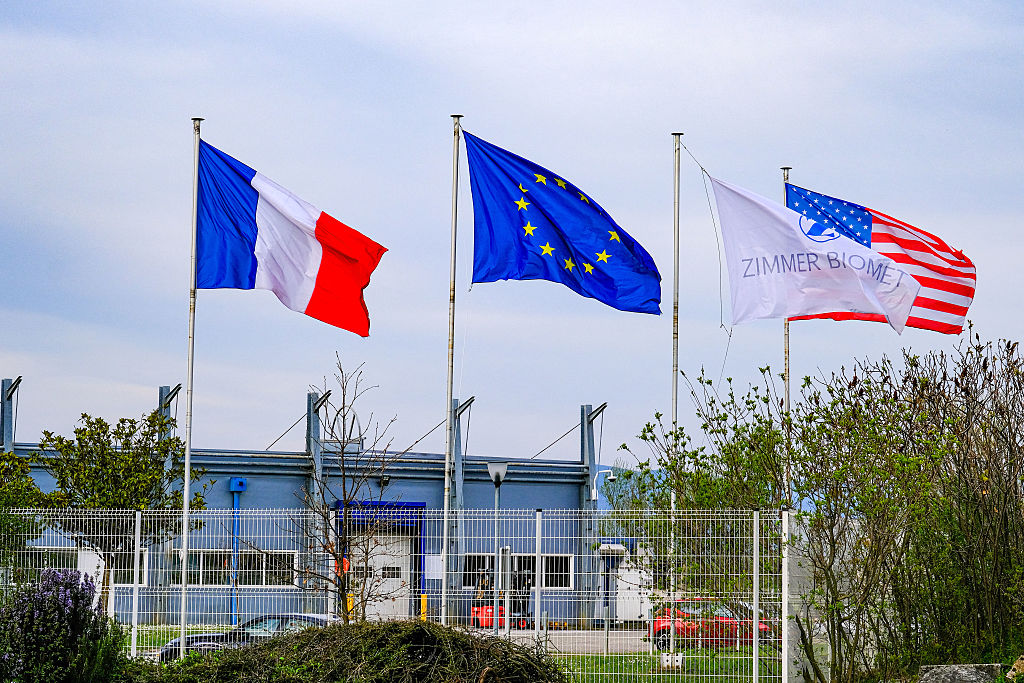
Australia has made a significant move in child protection this week by implementing new age restrictions for social media, marking a pivotal moment in social policy reform. The legislation, designed to prevent children under the age of 16 from using platforms such as Instagram and YouTube, has drawn international attention and is expected to inspire similar initiatives globally.
Anika Wells, Australia’s Minister for Communications and a mother of three, emphasized the urgency of the new regulations. “We figure we are trying to save our kids’ generation,” she stated, acknowledging the widespread concern among parents regarding the impact of social media on their children. Many parents have expressed fears that their children are already facing irreversible harm from online platforms.
The initiative, which began under the Labor government of Peter Malinauskas in South Australia, has garnered bipartisan support from the federal government, including Prime Minister Anthony Albanese. The legislation reflects a collective Australian effort rather than a partisan issue. European Commission President Ursula von der Leyen praised Australia’s leadership on this matter during an event in New York, stating, “It is for parents to raise our children and not for algorithms.”
The impact of social media on youth has become a pressing concern, with many studies linking online platforms to mental health issues among children and teenagers. Wells highlighted the catastrophic effects of social media during a recent meeting in Canberra, where she expressed frustration over the lack of action from major tech companies. “The harms being experienced by Australian teenagers online are manifest and evidence-based,” she remarked, alluding to the mounting data that supports the need for such regulations.
As the deadline approaches for the deactivation of accounts belonging to users under 16, set for December 10, 2023, major tech companies have announced new safety features aimed at teenagers. Both Meta and Google have indicated that these changes will be implemented worldwide. Wells acknowledged these improvements but maintained that they do not meet Australia’s policy goals. “They’re only doing this now because they’re facing our ban,” she asserted.
The age restrictions are seen as a transformative step towards protecting children from the negative influences of social media. According to the Australian Financial Review, the age ban is designed to change corporate incentives, with fines of up to $50 million for systemic failures in child protection.
The broader implications of this legislation are significant. It marks a departure from past policies and echoes historical reforms in Australia, such as the enfranchisement of women and the establishment of the secret ballot. The initiative is being viewed as an essential part of a cultural shift, encouraging healthier interactions among youth.
In a poignant moment during the New York event, Emma Mason, a mother from Bathurst, Australia, shared the tragic story of her daughter, Tilly, who took her life after enduring bullying exacerbated by social media. Mason’s heartfelt plea for change resonated with leaders present, highlighting the human cost of inaction. She urged, “How many more Tillys must die?”
Despite the resistance from social media corporations, Australia remains steadfast in its commitment to safeguard its youth. Julie Inman Grant, the eSafety Commissioner, has expressed concerns regarding the potential consequences of artificial intelligence as it intersects with social media regulation. “The harms AI could unleash may be irreversible and much more catastrophic,” she warned.
As Australia leads this charge for a safer digital environment for children, it sets a precedent for other nations. The growing awareness and action against the negative effects of social media signal a crucial shift in prioritizing the well-being of future generations. The path forward may be fraught with challenges, but the resolve demonstrated by Australia could inspire a global movement towards responsible digital engagement.






